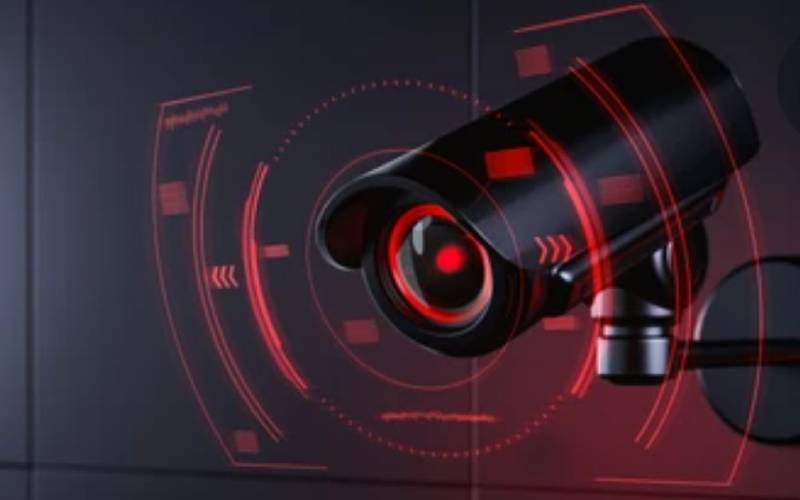×
The Standard e-Paper
Join Thousands Daily

Installing cameras at your business premises pays. [Courtesy]
Recently, a renowned political blogger and city lawyer posted on social media how a lady was fired from a Nairobi based company where she had worked for several years.